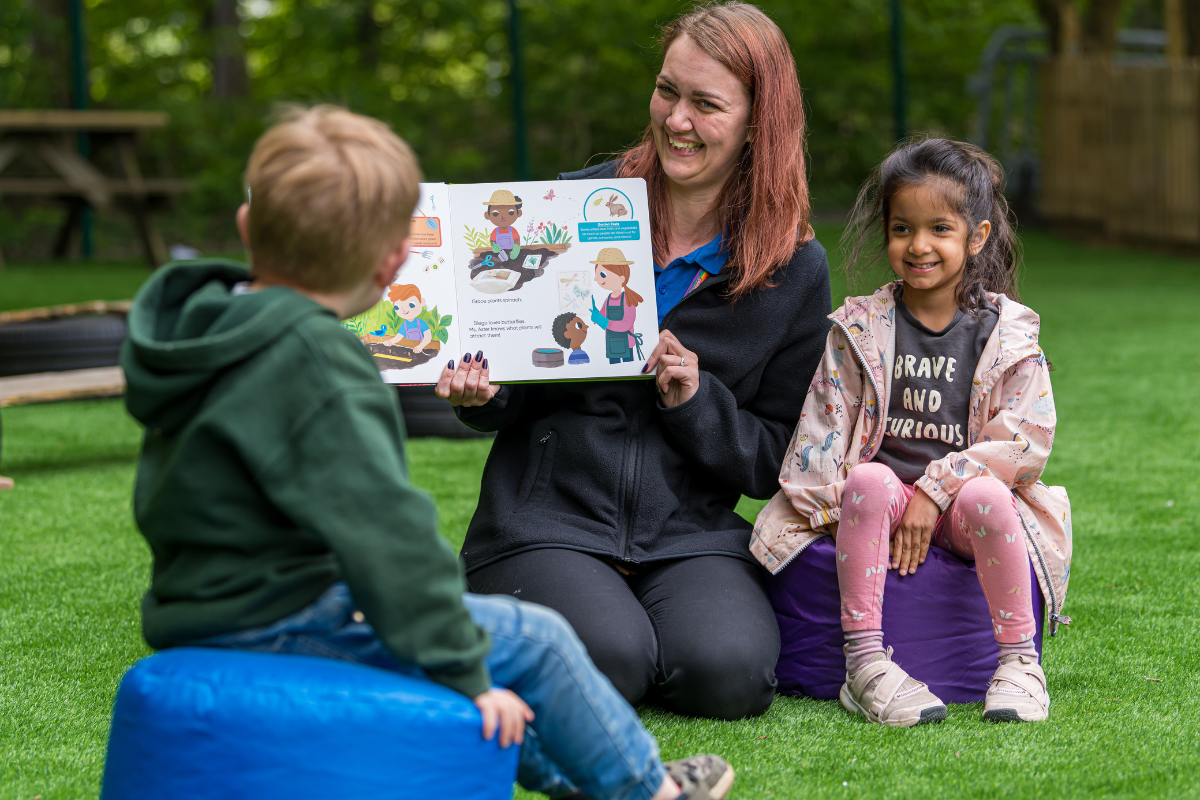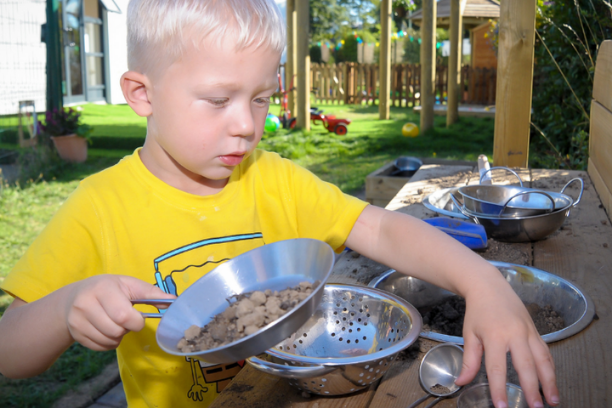A good night’s sleep is essential for children’s mental and physical wellbeing. To ensure children learn more effectively, react quickly to situations and solve problems it is important that they have good quality sleep. There is also research that suggests children will be less susceptible to colds, less irritable and feel happier!
Developing a calming bedtime routine can help a child get to sleep. But even with a regular bedtime schedule in place, many parents find that their children struggle to stay in their own bed for the full night.
Below are five common sleep challenges and some helpful solutions.
Sleep Challenge 1: Change of Schedule
A change of schedule can be difficult/stressful for adults and it is no different for smaller children. Moving to a new house, going on holiday or a parent’s job changing can be unsettling for a child. In these circumstances it is important to bring familiarity to your child, maybe through a favourite stuffed animal or a favourite bedtime story. To also ensure your child feels more relaxed, be sure to keep as close to the usual bedtime routine as feasible.
Sleep Challenge 2: Fears and Bad Dreams
When vocabulary and imagination is rapidly developing, nightmares can become common  for a lot of toddlers and pre-schoolers. While a child will often call out if distressed, it is best to avoid adopting a strategy of bringing them into your bed. As much as possible, encourage a child to fall back asleep in their own room to help them learn it’s a safe space.
for a lot of toddlers and pre-schoolers. While a child will often call out if distressed, it is best to avoid adopting a strategy of bringing them into your bed. As much as possible, encourage a child to fall back asleep in their own room to help them learn it’s a safe space.
During these years it can also be important to tackle fears and worries during the day. For example maybe look at utilising their imagination with a certain toy, that will bring your child confidence and can help reassure them of their night-time worries.
Sleep Challenge 3: A New Sibling
When your child is introduced to a baby brother or sister, it is normal that they may feel a little left out, as their new sibling will require a lot of your attention. Spending extra child-and-parent playtime with the older child can be helpful, especially in the period before lights out.
A younger siblings nighttime crying can also disrupt the sleep of an older sibling. One possible solution is to try and cancel out/reduce the volume for example by using a white noise device.
Sleep Challenge 4: Tantrums
Toddlers are renowned for tantrums and limit testing, and bedtimes are no exception!  Even if they are clearly worn out and fighting sleep, young children may still resist sleep – they may not want the fun of the day to end or they might be overtired.
Even if they are clearly worn out and fighting sleep, young children may still resist sleep – they may not want the fun of the day to end or they might be overtired.
It is crucial to establish a set bedtime and maintain routine, as this reduce the chance of a bedtime battle. Avoiding excitement before bed is beneficial, be sure to remind your child of what they can expect next, such as brushing their teeth and changing into their pyjamas.
Sleep Challenge 5: Number of hours your child should sleep
This challenge has always been up for debate and does vary depending on the age of your child. A new born baby should be approximately sleeping for 16.5 hours every day. However, for a 1 year old this dramatically reduces to 13.5 hours a day, 2.5 hours during the day and 11 hours at night. It is recommended that by the time your child is 4 years old, they should be sleeping 11.5 hours a day but this should all be during the night.
Obviously, every child is different in terms of the number of hours they will require, and this is just an indication of what is recommended. If you are struggling to get your child to sleep, try some of the techniques outlined, source further reading and speak with friends/family or practitioners at your nursery.
Further information
https://www.nhs.uk/live-well/sleep-and-tiredness/how-much-sleep-do-kids-need/
https://www.sleepcouncil.org.uk/wp-content/uploads/2015/02/the_good_night_guide_for_children.pdf
https://www.sleep.org/articles/solving-common-toddler-sleep-problems/
Back to Articles





































